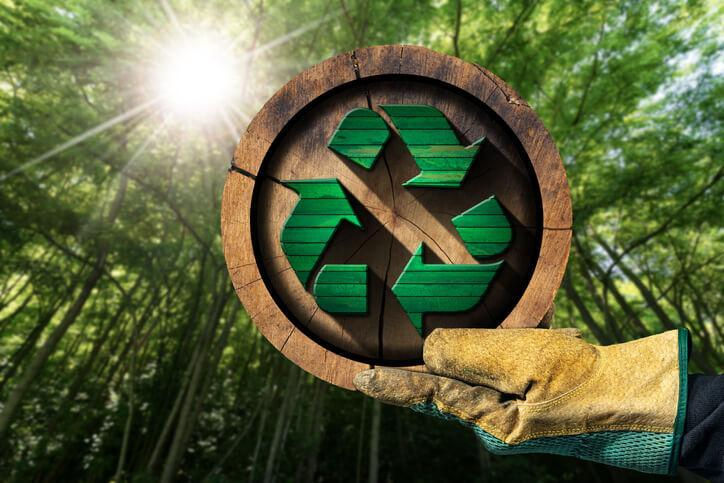Streams of Trouble: Plastic Pollution in Freshwater Ecosystems
- Jul 22, 2024
- 3 min read
Updated: Jul 22, 2025

Welcome back to One Less Bag, where we explore pressing environmental issues and their solutions. Today, we’re diving into a critical yet often overlooked aspect of plastic pollution: its impact on freshwater ecosystems. While the plight of our oceans has captured global attention, rivers, lakes, and other inland water bodies are silently suffering from the same plastic plague.
Plastic pollution in freshwater ecosystems is a growing crisis that demands our immediate attention. Every year, millions of tons of plastic waste find their way into rivers, lakes, and streams, creating a cascade of environmental problems. This pollution not only affects the aesthetic beauty of our natural landscapes but also poses severe threats to aquatic life, water quality, and human health. From microplastics in drinking water to entangled wildlife in urban rivers, the consequences of our plastic addiction are becoming increasingly visible in the freshwater environments we depend on for survival.
The sources of this pollution are diverse and pervasive. Urban runoff carries litter from streets into storm drains, which often empty directly into local waterways. Improperly managed landfills leach plastics into groundwater, while industrial discharge and agricultural runoff contribute their share of plastic contaminants. Even our daily activities, such as washing synthetic clothes or using personal care products containing microbeads, release microscopic plastic particles into water systems. The cumulative effect of these sources creates a complex web of pollution that is challenging to address but impossible to ignore.
The impact on freshwater ecosystems is profound and far-reaching. Aquatic animals mistake plastic debris for food, leading to malnutrition, starvation, and the bioaccumulation of toxins up the food chain. Microplastics, barely visible to the naked eye, are ingested by the smallest organisms, affecting the very foundation of aquatic food webs. These tiny particles also act as magnets for harmful chemicals, concentrating toxins and introducing them into the ecosystem. The physical presence of larger plastic items can alter habitats, disrupt natural processes, and even change the course of rivers and streams, affecting entire ecosystems and the communities that depend on them.
Addressing this issue requires a multi-faceted approach involving individuals, communities, businesses, and governments. Reducing single-use plastics, improving waste management systems, and investing in innovative technologies for plastic removal and recycling are crucial steps. Education plays a vital role in raising awareness and changing behaviors. Families can make a significant impact by adopting plastic-free alternatives in their daily lives and teaching children about the importance of protecting our water resources. Communities can organize clean-up events, advocate for stronger environmental policies, and support local initiatives that promote sustainable practices.
The fight against freshwater plastic pollution is not just an environmental issue; it’s a matter of public health, economic stability, and social justice. Clean, healthy freshwater ecosystems are essential for human well-being, providing drinking water, supporting agriculture, and offering recreational opportunities. By protecting these vital resources from plastic pollution, we safeguard our own future and that of countless species that share our planet. As we continue to uncover the full extent of plastic pollution in freshwater environments, it becomes clear that every action counts, no matter how small.
As we conclude this exploration of plastic pollution in freshwater ecosystems, let’s remember that change begins with awareness and individual action. By making conscious choices in our daily lives, supporting sustainable practices, and advocating for stronger environmental protections, we can turn the tide on this pressing issue. Our freshwater ecosystems are resilient, but they need our help to recover and thrive.



Comments